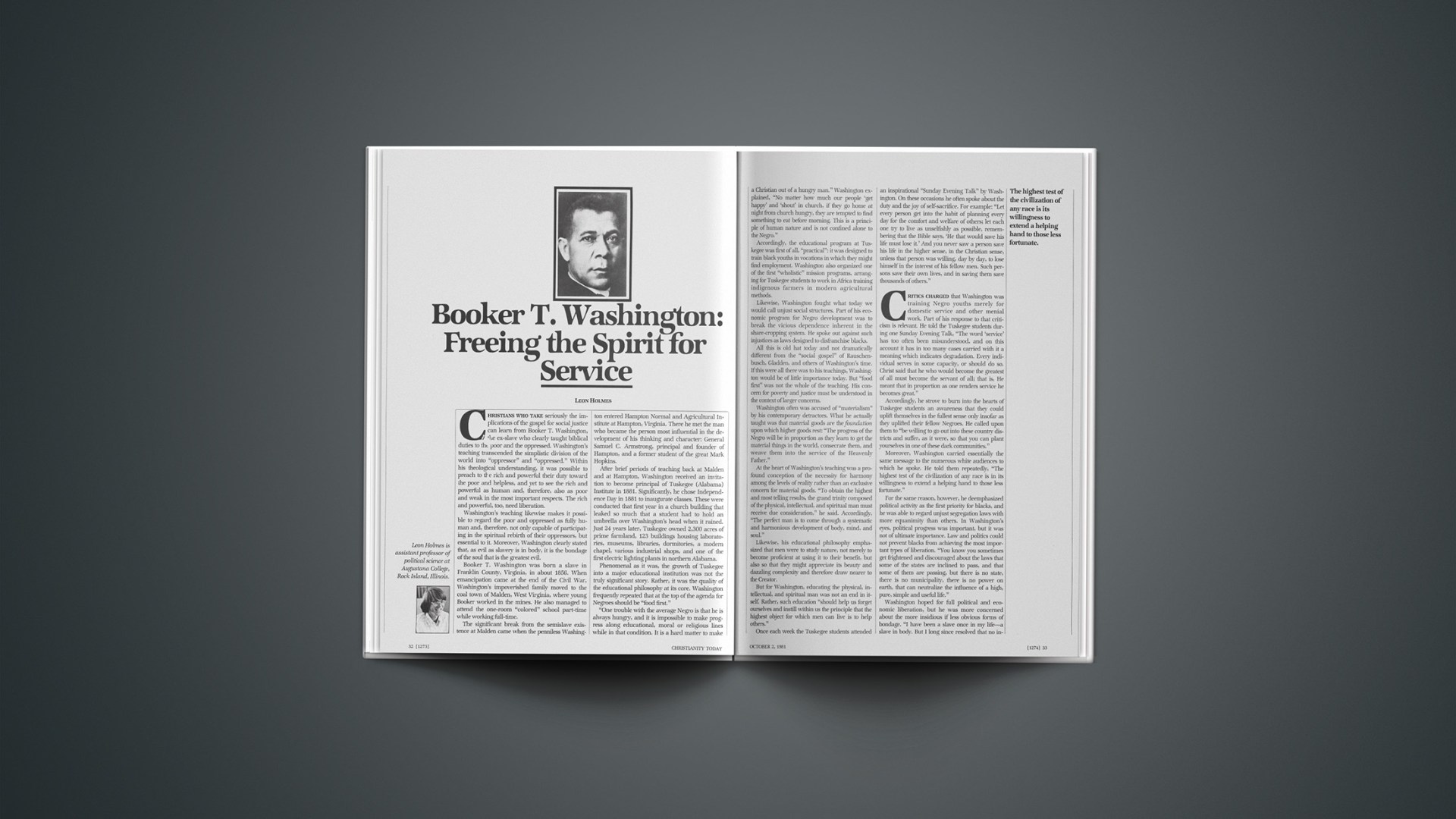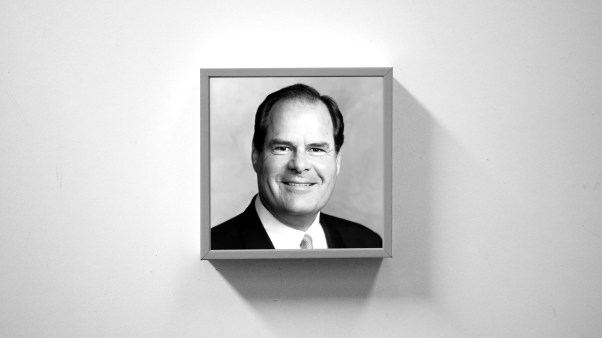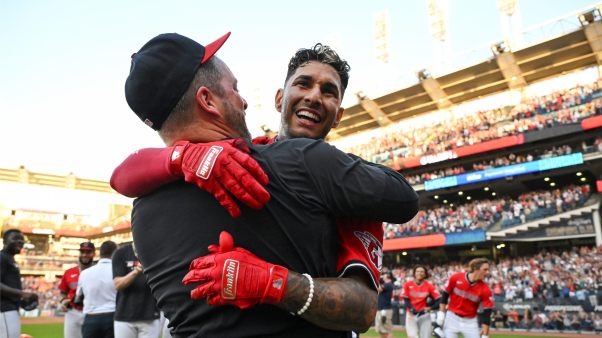Christians who take seriously the implications of the gospel for social justice can learn from Booker T. Washington, the ex-slave who clearly taught biblical duties to the poor and the oppressed. Washington’s teaching transcended the simplistic division of the world into “oppressor” and “oppressed.” Within his theological understanding, it was possible to preach to tie rich and powerful their duty toward the poor and helpless, and yet to see the rich and powerful as human and, therefore, also as poor and weak in the most important respects. The rich and powerful, too, need liberation.
Washington’s teaching likewise makes it possible to regard the poor and oppressed as fully human and, therefore, not only capable of participating in the spiritual rebirth of their oppressors, but essential to it. Moreover, Washington clearly stated that, as evil as slavery is in body, it is the bondage of the soul that is the greatest evil.
Booker T. Washington was born a slave in Franklin County, Virginia, in about 1856. When emancipation came at the end of the Civil War, Washington’s impoverished family moved to the coal town of Malden, West Virginia, where young Booker worked in the mines. He also managed to attend the one-room “colored” school part-time while working full-time.
The significant break from the semislave existence at Malden came when the penniless Washington entered Hampton Normal and Agricultural Institute at Hampton, Virginia. There he met the man who became the person most influential in the development of his thinking and character: General Samuel C. Armstrong, principal and founder of Hampton, and a former student of the great Mark Hopkins.
After brief periods of teaching back at Malden and at Hampton, Washington received an invitation to become principal of Tuskegee (Alabama) Institute in 1881. Significantly, he chose Independence Day in 1881 to inaugurate classes. These were conducted that first year in a church building that leaked so much that a student had to hold an umbrella over Washington’s head when it rained. Just 24 years later, Tuskegee owned 2,300 acres of prime farmland, 123 buildings housing laboratories, museums, libraries, dormitories, a modern chapel, various industrial shops, and one of the first electric lighting plants in northern Alabama.
Phenomenal as it was, the growth of Tuskegee into a major educational institution was not the truly significant story. Rather, it was the quality of the educational philosophy at its core. Washington frequently repeated that at the top of the agenda for Negroes should be “food first.”
“One trouble with the average Negro is that he is always hungry, and it is impossible to make progress along educational, moral or religious lines while in that condition. It is a hard matter to make a Christian out of a hungry man.” Washington explained, “No matter how much our people ‘get happy’ and ‘shout’ in church, if they go home at night from church hungry, they are tempted to find something to eat before morning. This is a principle of human nature and is not confined alone to the Negro.”
Accordingly, the educational program at Tuskegee was first of all, “practical”: it was designed to train black youths in vocations in which they might find employment. Washington also organized one of the first “wholistic” mission programs, arranging for Tuskegee students to work in Africa training indigenous farmers in modern agricultural methods.
Likewise, Washington fought what today we would call unjust social structures. Part of his economic program for Negro development was to break the vicious dependence inherent in the share-cropping system. He spoke out against such injustices as laws designed to disfranchise blacks.
All this is old hat today and not dramatically different from the “social gospel” of Rauschenbusch, Gladden, and others of Washington’s time. If this were all there was to his teachings, Washington would be of little importance today. But “food first” was not the whole of the teaching. His concern for poverty and justice must be understood in the context of larger concerns.
Washington often was accused of “materialism” by his contemporary detractors. What he actually taught was that material goods are the foundation upon which higher goods rest: “The progress of the Negro will be in proportion as they learn to get the material things in the world, consecrate them, and weave them into the service of the Heavenly Father.”
At the heart of Washington’s teaching was a profound conception of the necessity for harmony among the levels of reality rather than an exclusive concern for material goods. “To obtain the highest and most telling results, the grand trinity composed of the physical, intellectual, and spiritual man must receive due consideration,” he said. Accordingly, “The perfect man is to come through a systematic and harmonious development of body, mind, and soul.”
Likewise, his educational philosophy emphasized that men were to study nature, not merely to become proficient at using it to their benefit, but also so that they might appreciate its beauty and dazzling complexity and therefore draw nearer to the Creator.
But for Washington, educating the physical, intellectual, and spiritual man was not an end in itself. Rather, such education “should help us forget ourselves and instill within us the principle that the highest object for which men can live is to help others.”
Once each week the Tuskegee students attended an inspirational “Sunday Evening Talk” by Washington. On these occasions he often spoke about the duty and the joy of self-sacrifice. For example: “Let every person get into the habit of planning every day for the comfort and welfare of others; let each one try to live as unselfishly as possible, remembering that the Bible says, ‘He that would save his life must lose it.’ And you never saw a person save his life in the higher sense, in the Christian sense, unless that person was willing, day by day, to lose himself in the interest of his fellow men. Such persons save their own lives, and in saving them save thousands of others.”
Critics charged that Washington was training Negro youths merely for domestic service and other menial work. Part of his response to that criticism is relevant. He told the Tuskegee students during one Sunday Evening Talk, “The word ‘service’ has too often been misunderstood, and on this account it has in too many cases carried with it a meaning which indicates degradation. Every individual serves in some capacity, or should do so. Christ said that he who would become the greatest of all must become the servant of all; that is, He meant that in proportion as one renders service he becomes great.”
Accordingly, he strove to burn into the hearts of Tuskegee students an awareness that they could uplift themselves in the fullest sense only insofar as they uplifted their fellow Negroes. He called upon them to “be willing to go out into these country districts and suffer, as it were, so that you can plant yourselves in one of these dark communities.”
Moreover, Washington carried essentially the same message to the numerous white audiences to which he spoke. He told them repeatedly, “The highest test of the civilization of any race is in its willingness to extend a helping hand to those less fortunate.”
For the same reason, however, he deemphasized political activity as the first priority for blacks, and he was able to regard unjust segregation laws with more equanimity than others. In Washington’s eyes, political progress was important, but it was not of ultimate importance. Law and politics could not prevent blacks from achieving the most important types of liberation. “You know you sometimes get frightened and discouraged about the laws that some of the states are inclined to pass, and that some of them are passing, but there is no state, there is no municipality, there is no power on earth, that can neutralize the influence of a high, pure, simple and useful life.”
Washington hoped for full political and economic liberation, but he was more concerned about the more insidious if less obvious forms of bondage. “I have been a slave once in my life—a slave in body. But I long since resolved that no inducement and no influence would ever make me a slave in soul, in my love for humanity, and in my search for truth.” Washington feared that the oppression they endured would cause Negroes to become bitter and narrow with understandable yet destructive bitterness.
More clearly than almost any contemporary advocate of liberation theology, he saw the limits of social action. “Force could free the Negro, but there it had to end. It could not make him industrious. It could not make him frugal. It could not make him skilled in hand. It could not make him an intelligent voter. It could not make the southern man love and treat him as an equal.”
Washington also saw more clearly than some people today that an excess of comfort rather than an excess of hardship debilitates human development. “Experience has taught me, in fact, that no man should be pitied because, every day of his life, he faces a hard, stubborn problem, but rather that it is the man who has no problems to solve, no hardships to face, who is to be pitied. His misfortune consists in the fact that he has nothing in his life which will strengthen and form his character, nothing to call out his latent powers, and deepan and widen his hold on life.”
Given his insight into the nature of the situation of his own race, Washington could also understand the situation of the white race more profoundly than his contemporaries. “It was only gradually that I gained the notion that there had been two races in slavery.…” He argued prophetically, “No race can wrong another race, simply because it has the power to do so, without being permanently injured in its own morals. The Negro can endure the temporary inconvenience, but the injury to the white man is permanent. It is for the white man to save himself from this degradation that I plead.” Thus, in his teaching, it is the “oppressor” rather than the “oppressed” who is most in need of liberation.
Washington came to this paradoxical conclusion partly because he believed that the highest life for men was life in service to others, and that it is impossible to achieve that highest life while oppressing others. Hence, the white man was in bondage to a double delusion: he thought he could oppress the Negro without corrupting his own soul, and he did not realize that the law of the universe dictates that he can achieve success only as he acts in harmony with his neighbors.
He strove hard to insure that the Negro did not make the same mistake. Throughout his life, he opposed any effort to gain rights for blacks by means that might exacerbate racial antagonism. “The bedrock upon which every individual rests his chances for success in life is the friendship, the confidence, the respect of his next door neighbors in the little community in which he lives.… If the Negro in the South has a friend in his white neighbor, and a still larger number of friends in his own community, he has a protection and a guarantee of his own rights that will be more potent and more lasting than any our Federal Congress or any outside power can confer.”
Since he believed that men are interdependent, he did not adhere to the theory that society is a “zero-sum game,” where one man can gain only through another’s loss. He did not believe “that the Negro must rise at the expense of the Southern white man, for whatever his wrongs to us, he is our neighbor and the divine commandment ‘Love thy neighbor as thyself is broad enough to include him with all his shortcomings, and wherever by act or word we can benefit him let us not withhold our help, but at the same time and under all circumstances show him we know our rights and that we dare maintain them.”
More profoundly, Washington taught that white America needed the Negro and that the Negro race had a unique, providential role to play in the salvation of America.
In The Future of the American Negro, he wrote, “The Negroes in the United States are, in most of the elements of civilization, weak. Providence has placed them here not without a purpose. Our object, in my opinion, is that the stronger race may imbibe a lesson from the weaker in patience, forbearance, and childlike yet supreme trust in the God of the Universe. This race has been placed here that the white man might have a great opportunity of lifting himself by lifting it up.”
Washington was unwilling to view the sordid history of race relations in America as devoid of providential purpose. He taught that God had placed the Negro race in America so it could teach the white race by example what it means to be Christlike. Moreover, he believed that God could use the Negro’s situation to uplift the white race spiritually by giving the whites an opportunity to minister to Christ by ministering to “the least of these.”
When all is said and done, what we need to learn from Booker T. Washington is that not everything that parades under such banners as “liberation” and “freedom” is genuine. As he said in 1903:
“There are several kinds of freedom. There is a freedom that is apparent and one that is real; a superficial freedom, and one that is substantial; a freedom that is temporary and deceptive, and one that is abiding and permanent; one that ministers to the lower appetites and passions, and another that encourages growth in the sweeter things of life—a freedom that is forced and one that is the result of struggle, forbearance, and self-sacrifice. But there is but one kind of freedom that is worth the name, and that is the one embodied in the words spoken centuries ago by the Great Master: ‘And you shall know the truth, and the truth shall make you free.’ ”










